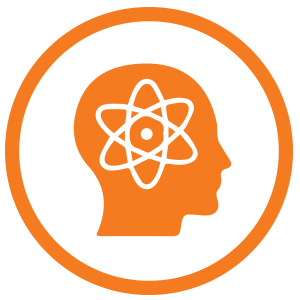Umpires, Referees, and Other Sports Officials
What They Do: Officiate at competitive athletic or sporting events. Detect infractions of rules and decide penalties according to established regulations. Includes all sporting officials, referees, and competition judges.
Also Called: Basketball RefereeDiving JudgeDressage JudgeFootball RefereeHorse Show JudgeMajor League Baseball Umpire (MLB Umpire)RefereeSoccer RefereeSoftball UmpireSports Official
Resource Details
 Knowledge
Knowledge
| Name | description |
|---|---|
| English Language | Knowledge of the structure and content of the English language including the meaning and spelling of words, and rules of composition and grammar. |
| Education and Training | Knowledge of principles and methods for curriculum and training design, teaching and instruction for individuals and groups, and the measurement of training effects. |
| Administration and Management | Knowledge of business and management principles involved in strategic planning, resource allocation, human resources modeling, leadership technique, production methods, and coordination of people and resources. |
| Customer and Personal Service | Knowledge of principles and processes for providing customer and personal services. This includes customer needs assessment, meeting quality standards for services, and evaluation of customer satisfaction. |
| Psychology | Knowledge of human behavior and performance; individual differences in ability, personality, and interests; learning and motivation; psychological research methods; and the assessment and treatment of behavioral and affective disorders. |
| Communications and Media | Knowledge of media production, communication, and dissemination techniques and methods. This includes alternative ways to inform and entertain via written, oral, and visual media. |
| Mathematics | Knowledge of arithmetic, algebra, geometry, calculus, statistics, and their applications. |
| Computers and Electronics | Knowledge of circuit boards, processors, chips, electronic equipment, and computer hardware and software, including applications and programming. |
| Transportation | Knowledge of principles and methods for moving people or goods by air, rail, sea, or road, including the relative costs and benefits. |
| Administrative | Knowledge of administrative and office procedures and systems such as word processing, managing files and records, stenography and transcription, designing forms, and workplace terminology. |

